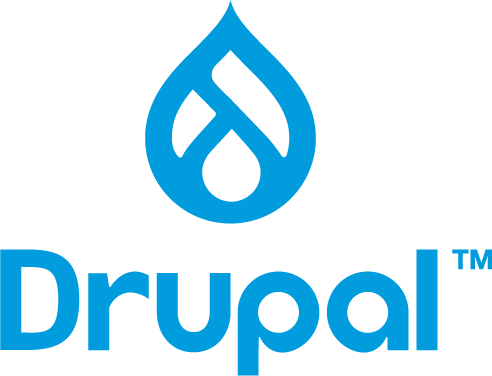Drupal is a robust, open-source content management system known for its flexibility and enterprise-level security features.
Key Features:
-
Enterprise Security: Advanced security features and regular updates.
-
Multisite Management: Built-in support for managing multiple sites from a single codebase.
-
Taxonomy System: Powerful content organization and categorization.
-
Views System: Complex content querying and display capabilities.
-
RESTful API: Built-in web services for headless implementations.
Pricing:
Drupal is completely free and open-source. Costs only involve:
- Hosting (varies by provider)
- Development resources
- Optional contributed modules
Pros:
-
Highly Secure: Enterprise-level security with dedicated security team.
-
Scalable: Powers some of the world’s largest websites.
-
Flexible: Can handle complex content relationships and structures.
-
Large Community: Active development community and extensive documentation.
Cons:
-
Steep Learning Curve: More complex than some other CMS options.
-
Development Expertise: Requires significant technical knowledge.
Conclusion:
Drupal is ideal for complex, large-scale projects requiring robust security and content organization capabilities, particularly suited for enterprise and government websites.
